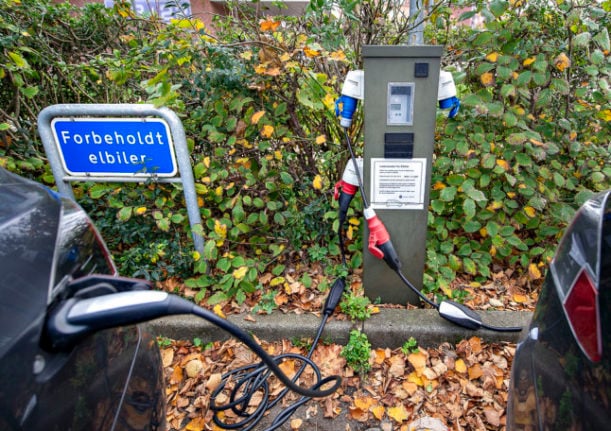The deal concerns the sale of the Belfast International Airport in Northern Ireland as well as Sweden's Stockholm Skavsta Airport.
It also includes the divestment of some assets held in the United States.
The agreement, which needs approval from regulatory authorities, was signed by TBI — an operator in which Abertis holds a 90 percent stake.
The other 10 percent is owned by Spanish airports operator AENA.
In March, Abertis announced the sale of its airport in Cardiff and in early June it said it was considering divesting its London Luton Airport.
Luton Airport is the only European airport now operated by Abertis.


 Please whitelist us to continue reading.
Please whitelist us to continue reading.
Member comments